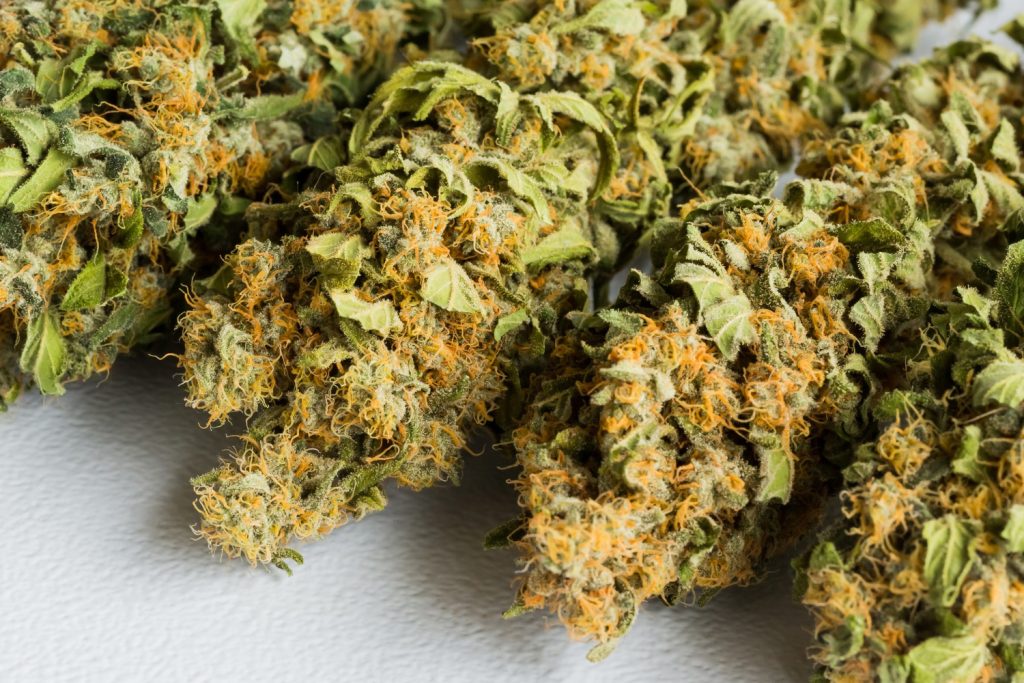Exploring the many cannabinoids present in the cannabis plant is becoming more popular as cannabis products gain popularity. Delta-8, Delta-9, and Delta-10 have drawn a lot of interest among these cannabinoids. Understanding these compounds’ peculiarities is essential for customers looking for a customized cannabis experience because they each have different impacts and potential therapeutic advantages. We shall examine the differences between Delta-8, Delta-9, and Delta-10 in this blog, illuminating their characteristics, outcomes, and legal standing.
Delta-8 THC: A Milder Option
Although it is present in relatively small amounts, the cannabinoid delta-8-tetrahydrocannabinol (Delta-8 THC) is found naturally in cannabis plants. It is chemically related to Delta-9 THC, the well-known psychoactive substance that gives marijuana its pleasant effects. Delta-8 THC, on the other hand, has a slightly different chemical structure, giving consumers a lower psychoactive high. When compared to Delta-9 THC, many users say Delta-8 THC produces a smoother, more tranquil high.

Delta-9 THC: The Classic
The most prevalent and well-known psychotropic cannabinoid present in cannabis is delta-9-tetrahydrocannabinol (Delta-9 THC). It is what causes the typical “high” that comes with marijuana consumption. The endocannabinoid system of the body is affected by delta-9 THC, which binds largely to CB1 receptors in the brain and has a variety of effects including pleasure, relaxation, enhanced sensory perception, and increased appetite. Depending on the strain and dosage taken, its efficacy can vary greatly.
Delta-10 THC: The Newcomer
In the cannabis industry, delta-10-tetrahydrocannabinol (Delta-10 THC) is a relatively recent development. Although it has a different molecular configuration, it has similar chemical qualities as Delta-8 and Delta-9 THC. Although delta-10 THC is normally present in cannabis plants in trace amounts, it can be separated and concentrated for use in particular products. Despite the paucity of studies on Delta-10 THC, anecdotal evidence suggests that it provides a more upbeat and energizing high than its competitors.
Depending on the jurisdiction, Delta-8, Delta-9, and Delta-10 THC have different legal standings. Delta-8 THC is expressly permitted in some areas, however Delta-9 THC is still considered a prohibited narcotic. In many jurisdictions, delta-10 THC is illegal because rules have not kept up with its growth. Before acquiring or utilizing any cannabis-derived goods, it is essential to get updated with local laws and ordinances pertaining to these cannabinoids.
For people interested in investigating the wide variety of effects afforded by cannabis, understanding the variations between Delta-8, Delta-9, and Delta-10 THC is crucial. While Delta-9 THC continues to be the psychoactive ingredient traditionally connected with marijuana, Delta-8 THC produces a gentler high. On the other hand, Delta-10 THC is a recent addition that provides a possibly distinctive experience. Knowing the laws and restrictions in your area is essential when using any cannabis product. Before utilizing any cannabis-derived products for therapeutic purposes, always seek medical advice. As always, visit www.sunstatehemp.com for more information on Delta products and more.

